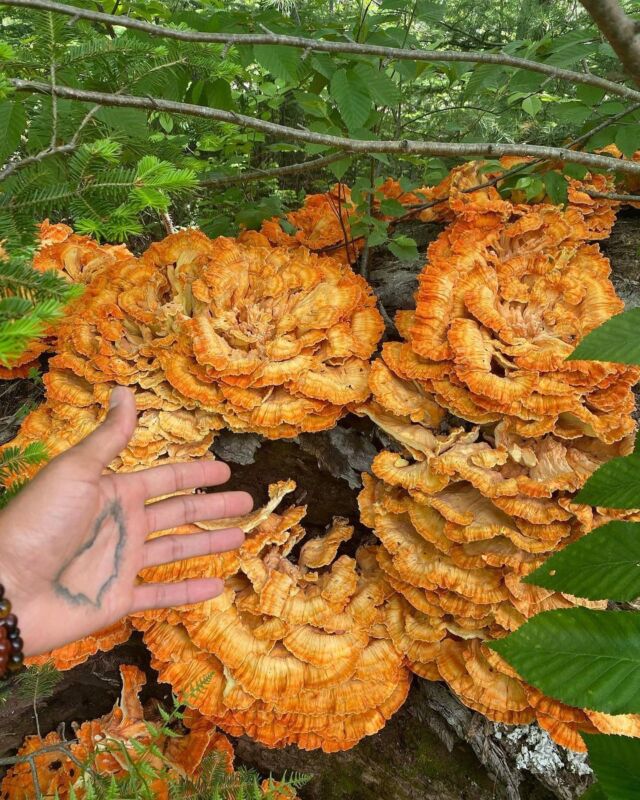Welcome to EATS, where we bring you plant-rich recipes and tips for flavorful, sustainable home cooking. Together, we will explore the world of plants, sharpen our kitchen skills, and help create a more just food system. EATS is not about what you can or can’t eat, or what you should or shouldn’t eat. It’s about eating (and cooking) more plants and enjoying every single bite.
We bet you didn’t know that the vast majority of honey found in grocery stores is fake. Real, quality honey provides numerous health benefits and it’s chock-full of vitamins and minerals like calcium, potassium, and riboflavin. Real honey is also a natural allergy cure and a remedy for sore throats and coughs. Refined sugars are no match for the antioxidants, anti-inflammatory, and antibacterial properties found in real honey. But how do you know which honey provides these benefits? Timothy Paule Jackson, co-founder of Detroit Hives, a Michigan-based urban bee farm, shares some advice for improving your honey health this summer.
Buy Wildflower Honey
Wildflower honey consists of a sweet medley from different types of nectar sources. Unlike monofloral honey flavors such as clover, orange blossom, bucket, and apple blossom, wildflower honey is composed of a variety of flower types.
“I will say it somewhat tastes better to me because you have many different types of pollen sources, microscopic pollen sources and nectar sources inside the honey that can help alleviate your allergies but also give you a different type of floral taste buds.”
Just as humans need a diversity of fruits and vegetables, a bee colony needs at least three different types of pollen sources to maintain a healthy diet.
buy raw honey
It’s important to understand that raw honey comes in many forms; it doesn’t have to come straight from the hive to be considered raw.
The first type is super raw honey, “the whole shebang.” This type of honey contains large pieces of beeswax, comb, and even small pieces of wings and bees legs on occasion. “It’s kind of similar to having heavy pulp orange juice.”
The next type is slightly filtered honey, which still contains the pollen and nutrients that make raw honey beneficial, but filters out some of the less desirable pieces of beeswax and bee parts.
The final type is highly filtered or “no pulp” honey, which appears similar to the honey you’d buy in the grocery store. All of the medicinal benefits are still there, but it’s microscopic and less distracting than super raw honey.
Non-raw honey takes two forms: pasteurized and fake. Honey doesn’t go bad, but over time it can harden and crystalize if left out too long. Pasteurized honey is honey that was likely set out too long and has been boiled to reliquify it. That process of overheating burns out all of the pollen, enzymes, and other properties—including some of the flavor—that helps alleviate allergies. And then you have fake honey, which is laced with high fructose corn syrup and doesn’t contain real bee honey.
“Ninety percent of most honey that you get in big box stores is fake. And they’ll say on the label things like high fructose corn syrup, peach syrup, [and] it’ll have some type of sugar. Or if it says ‘pure honey’ that’s pasteurized honey.”
Always check the label; it will say whether it’s raw or “pure”/pasteurized and where it comes from.
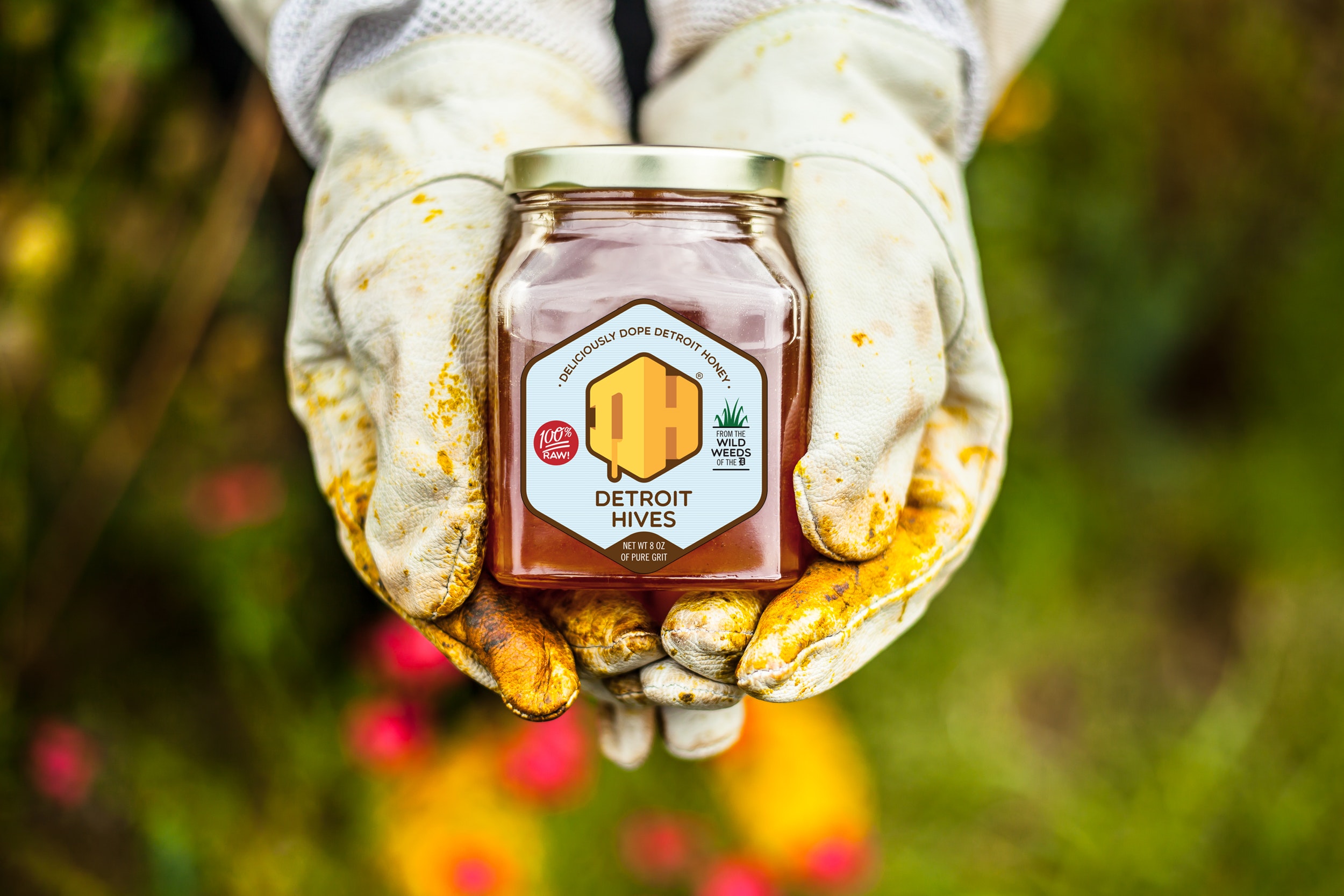
Buy Local (but from Michigan when you can)
An easy way to make sure you’re actually getting raw honey is to buy local. The best advice is always to support a local beekeeper, so make sure you check out your local farmers’ market. And since now you know that honey does not go bad, even if your locally purchased honey crystallizes, you can still eat it. If you’re planning to purchase honey for your allergies, local honey is the only way to go. Honey relieves seasonal allergies by periodically exposing you to the pollen you’re most likely reacting to, allowing you to develop a resistance. You won’t see improvement if the honey contains pollen from a completely different plant species or part of the country.
“And not to toot our own horn, but we believe Michigan has some of the best honey.” Michigan has been ranked number four in the country for bee populations and with all the cherry trees, apple trees, and wildflowers, the state relies on its native honeybees to keep things growing.
Happy and Healthy Hives
Honey that’s healthier for the bees is healthier for you too. And honey in its most natural forms, though a tad off-putting if you find a bee wing floating in your jar, maximizes the benefits to your health. If you can’t buy local, consider purchasing from the growing number of Black beekeepers in the United States including:
Detroit Hives
Zach & Zoe Sweet Bee Farm
Mother’s Finest Family Urban Farms
Holland Homestead
Honey does a lot more than sweeten your drinks and soothe your ailments. Black beekeepers use honey to make a living, connect to nature, and educate people about the importance of bees and other pollinators on our planet. The next time you purchase your delicious local wildflower honey, take a minute to remember how your purchase is helping local growers and local bee populations.
Timothy Paule Jackson and his fiancée, Nicole Lindsey, founded Detroit Hives in 2016. Their vision was founded in a desire to be more grateful. The two used nature experiences, grounding, and sun gazing to find happiness, to be more forward-thinking and optimistic, and expand their environmental consciousness. And grounded in this happiness, the knowledge that they could create positive change for others, and their newfound understanding of the health benefits of raw honey pushed them to purchase a vacant Detroit lot and transform it into a bee farm. Detroit Hives is now a 501c3 nonprofit with fifty-three different hives and close to 3.2 million honey bees. Focused on bee conservation, public and youth education, and community revitalization, Detroit Hives works to improve underserved communities by converting vacant lots into pollinator-friendly spaces.
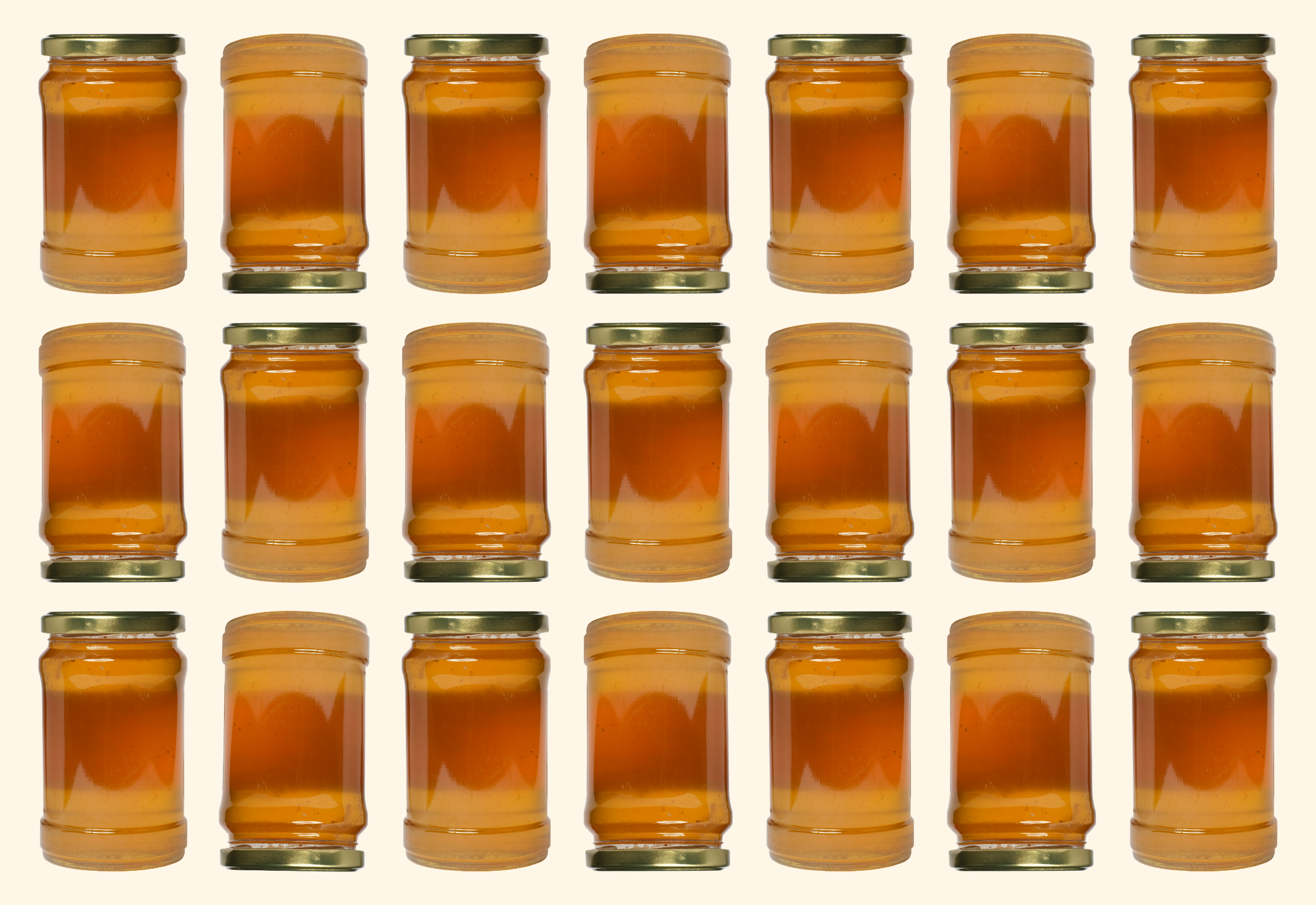
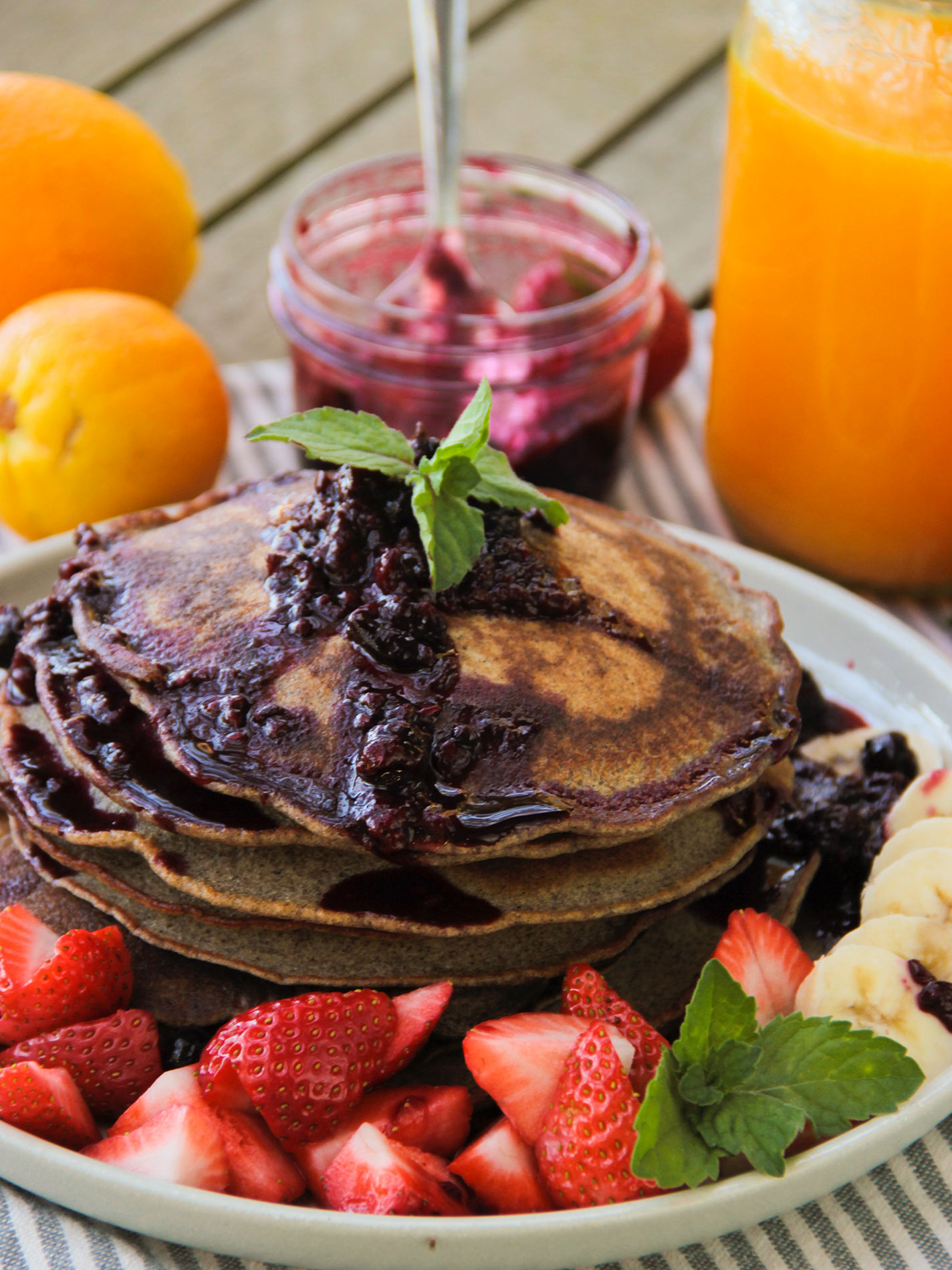
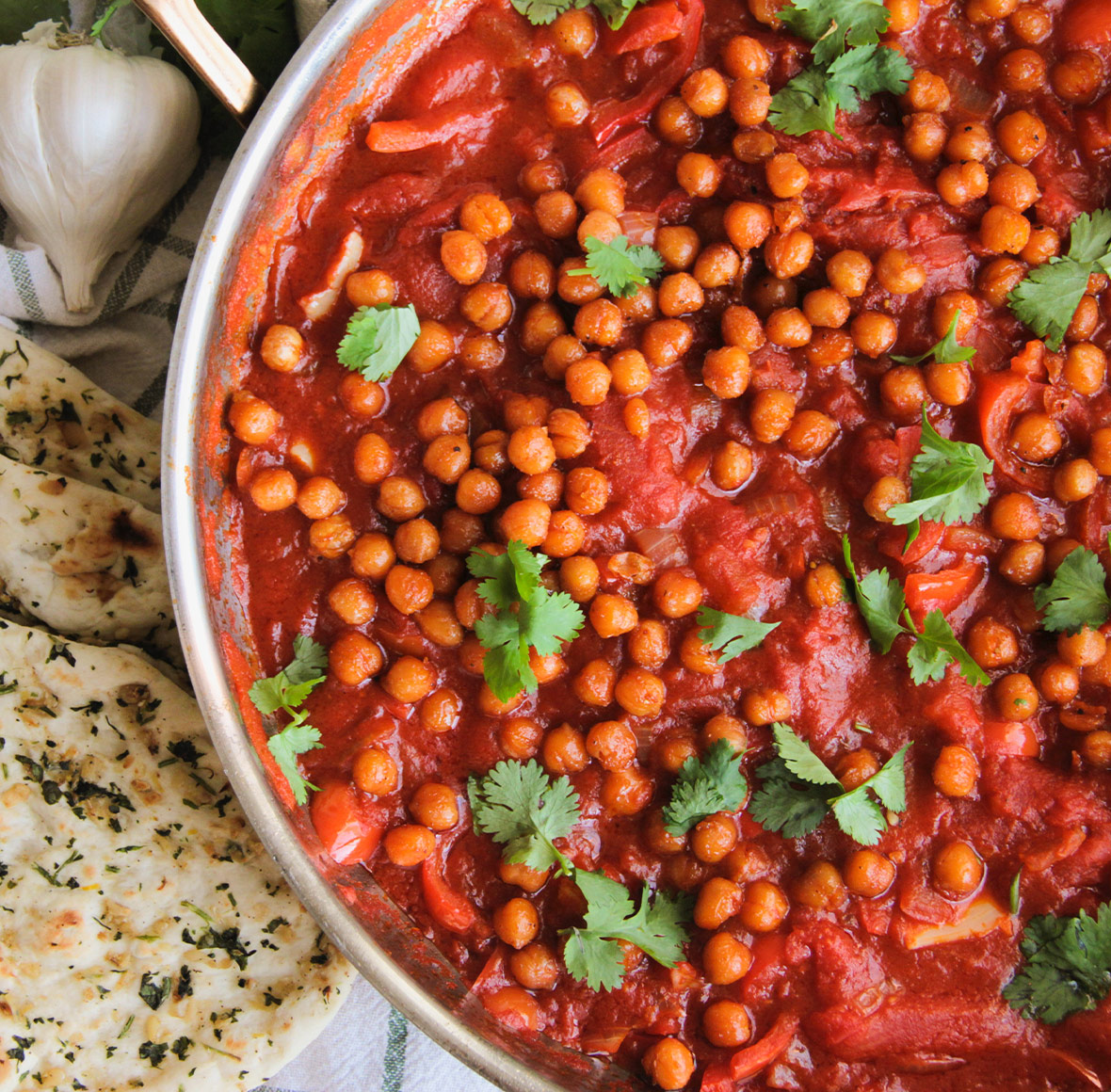
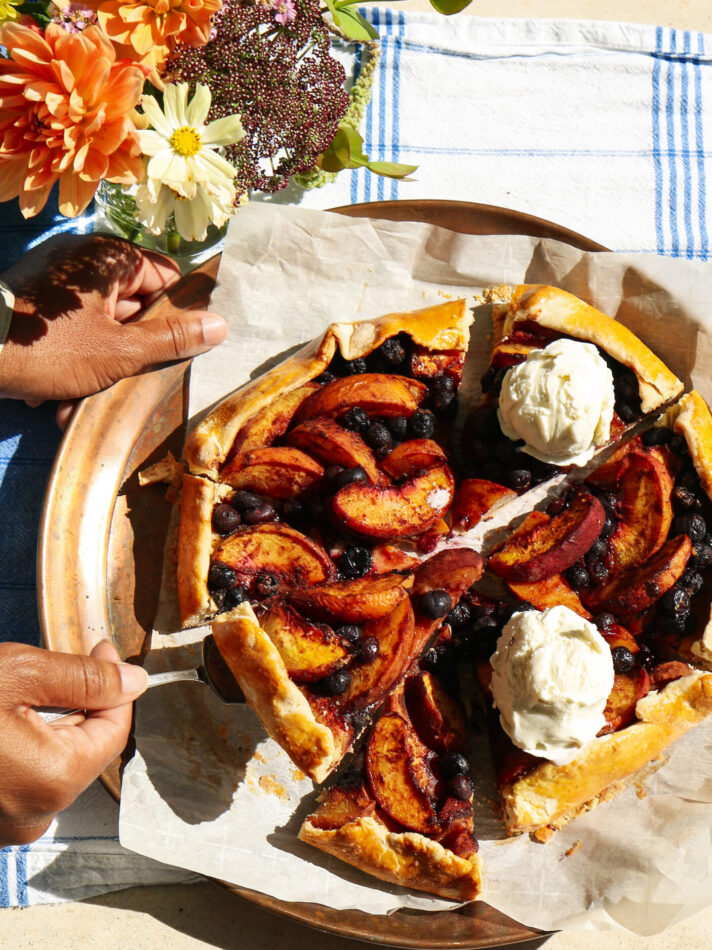
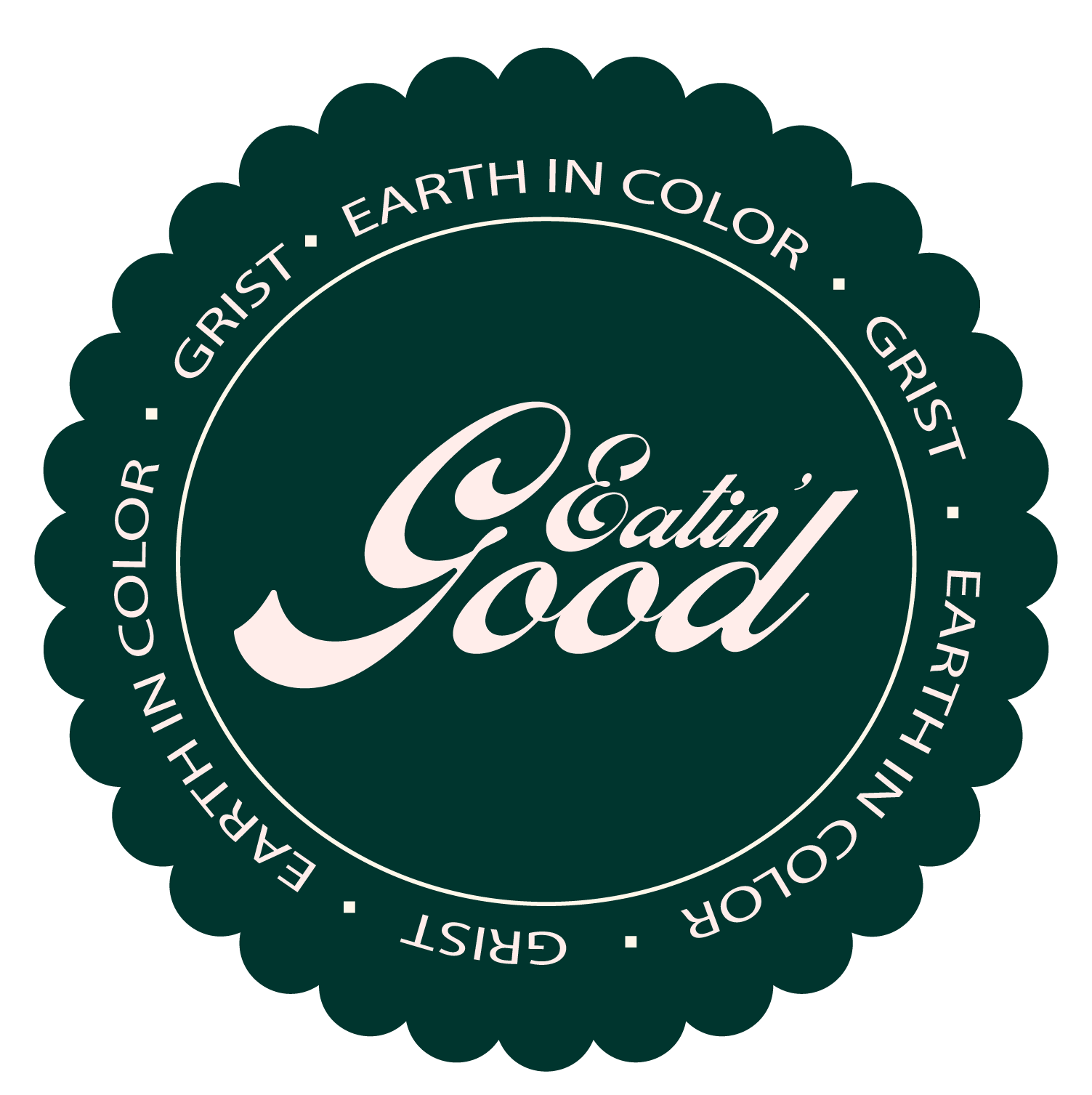
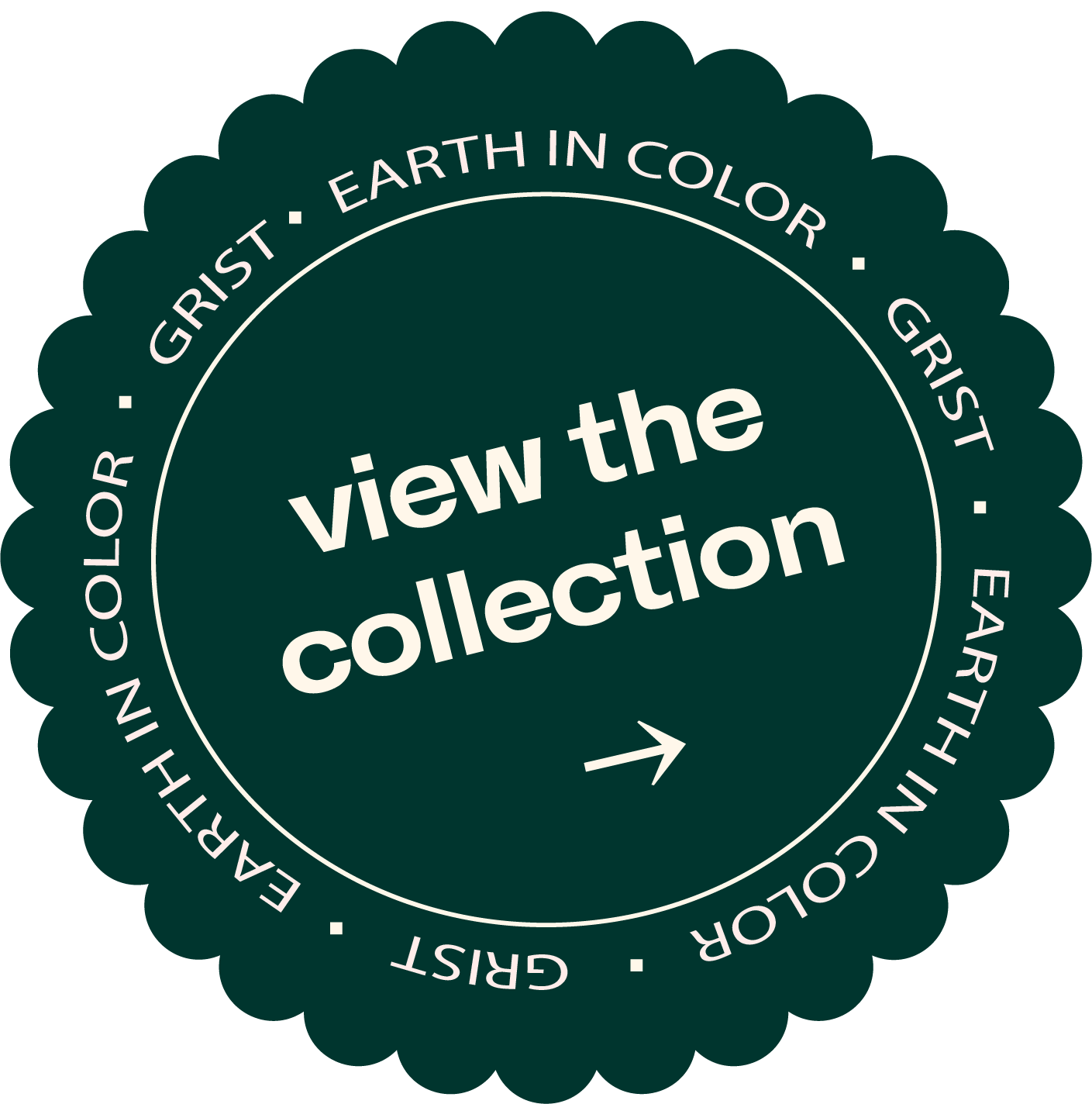
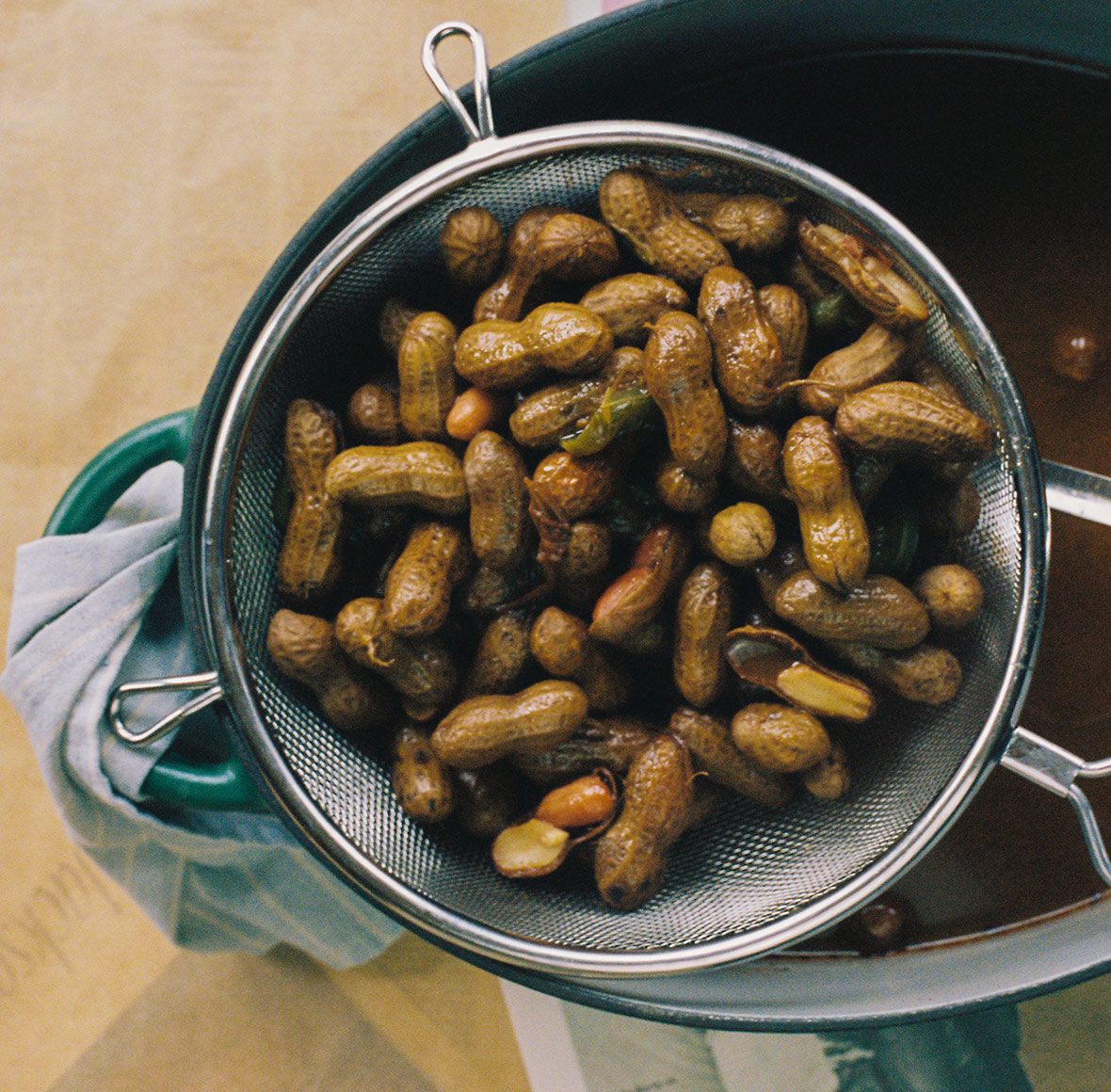

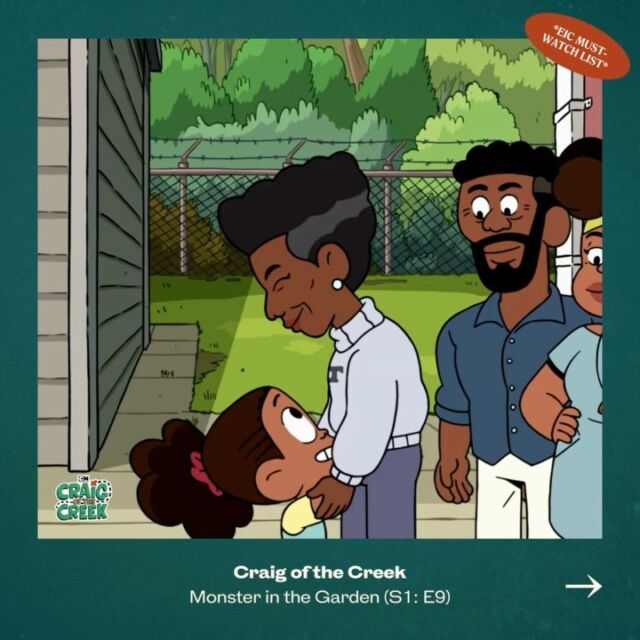


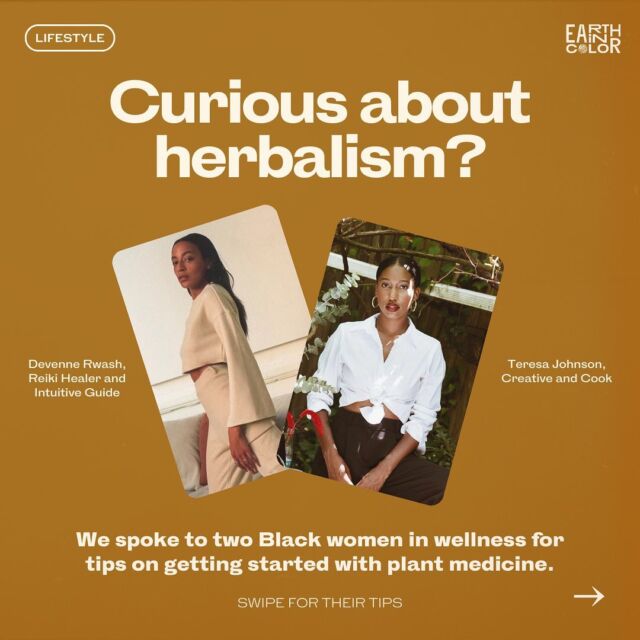
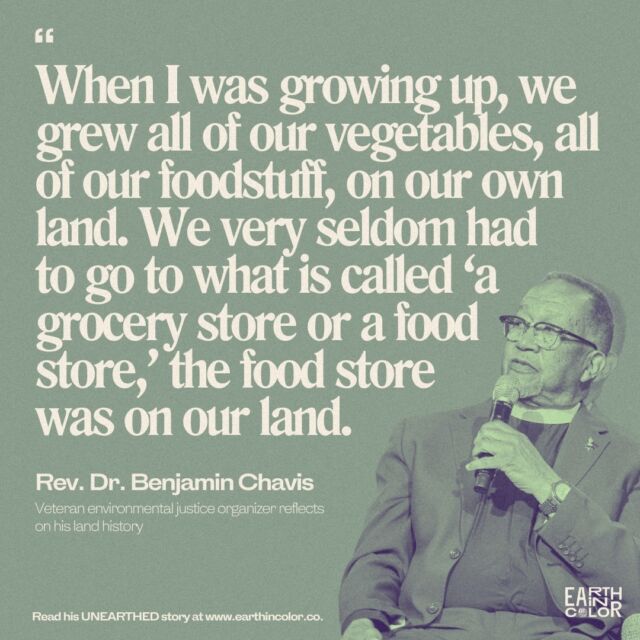
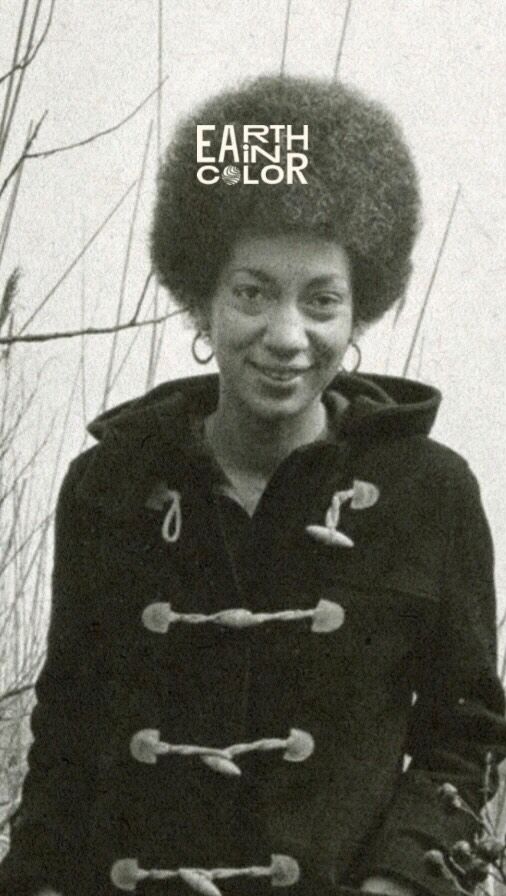
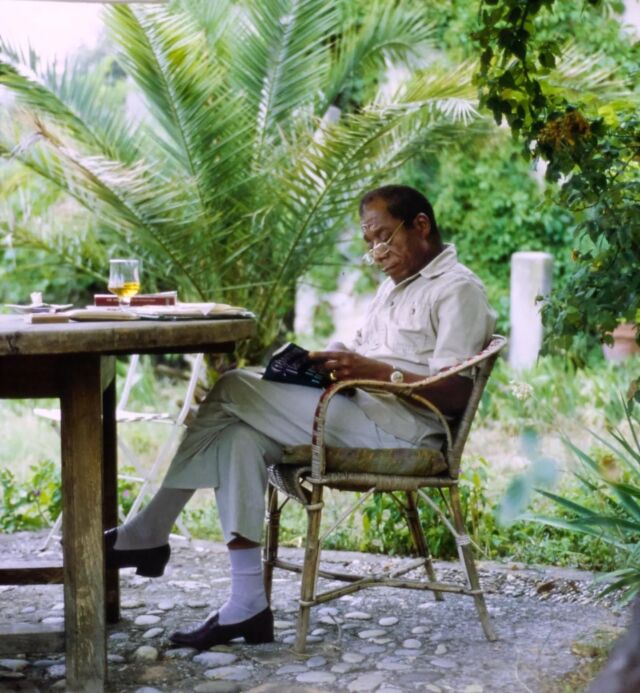
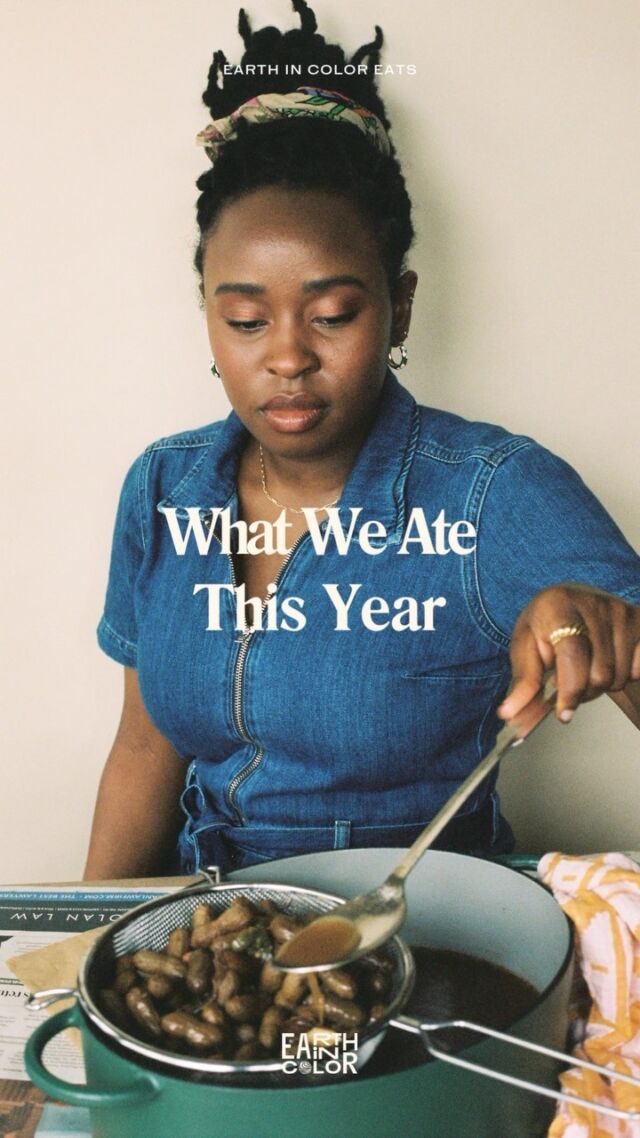


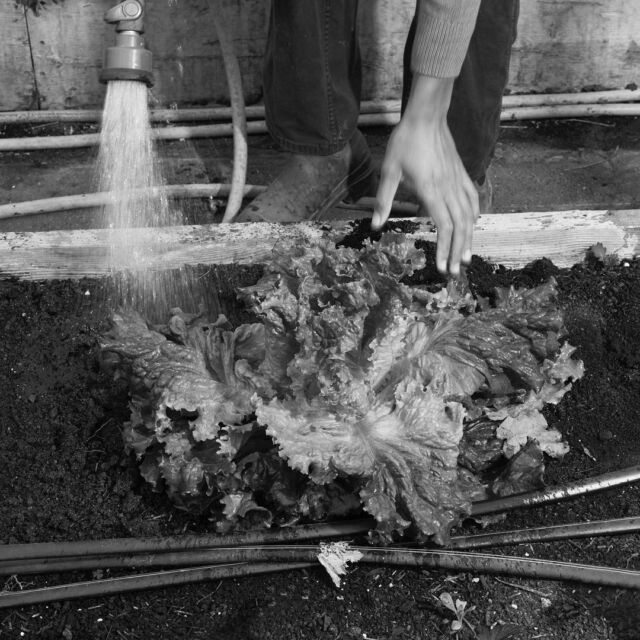

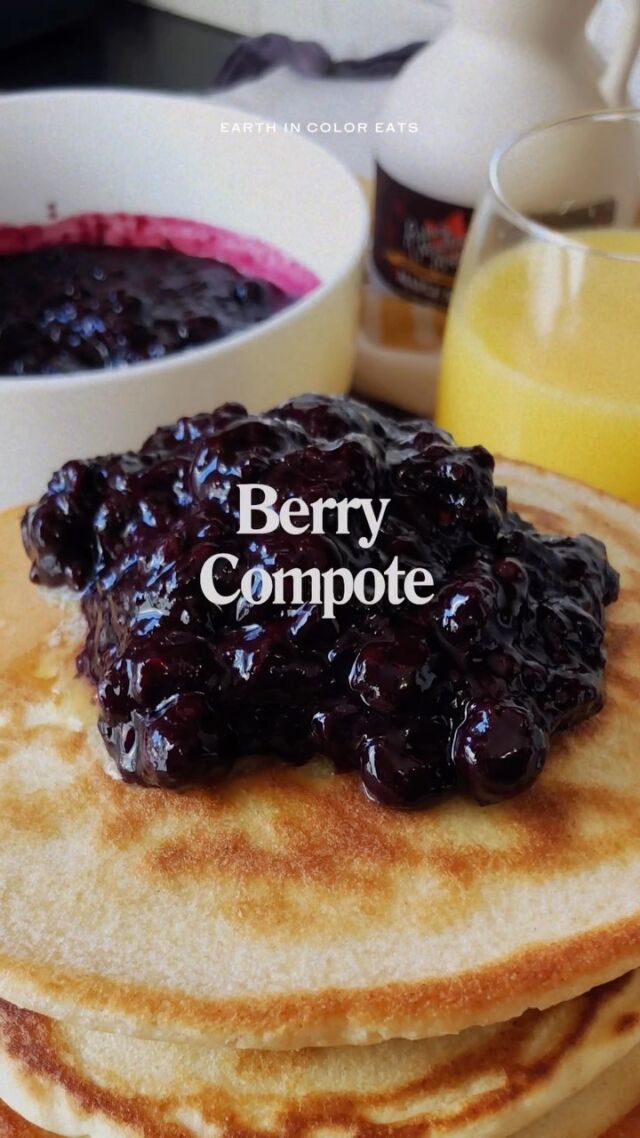
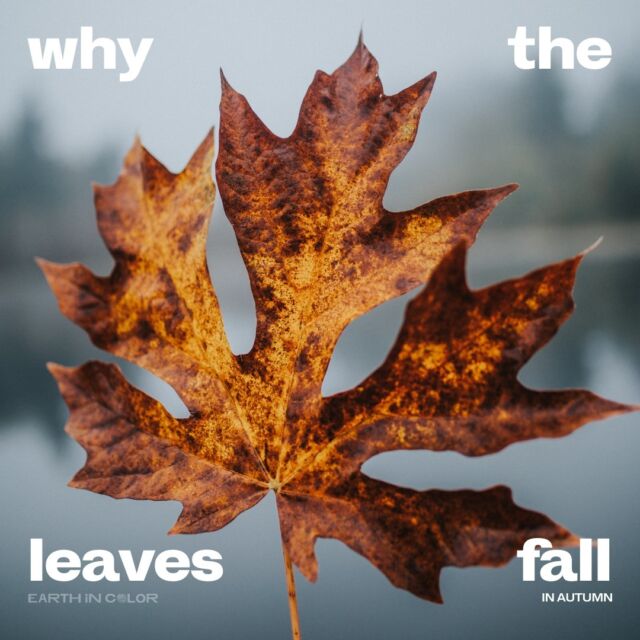
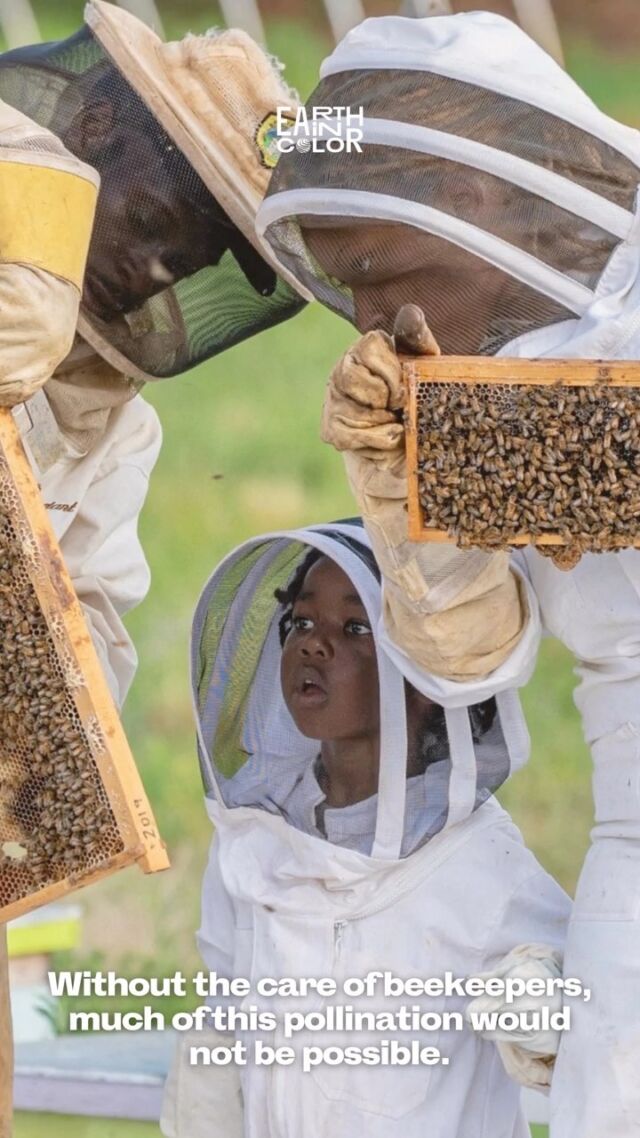
![Did you know you could be buying fake honey? 👀🍯
According to @detroithives co-founder Timothy Paule Jackson, “ninety percent of most honey that you get in big box stores is fake.” To make sure you’re getting the real stuff, he suggests checking out the nutrition label. Fake honey will have ingredients like “high fructose corn syrup, peach syrup, [and] it’ll have some type of sugar.” Avoid honey labeled as “pure” or “pasteurized,” and instead look for words like “raw” or “local.”
And with winter approaching, it’s the perfect time to stock up — not only is it full of vitamins and minerals, but real honey can also be used as a remedy for sore throats and coughs. Swipe to check out some of our favorite Black-owned bee farms and Black beekeepers selling the good stuff 🐝🍯](https://earthincolor.co/wp-content/uploads/sb-instagram-feed-images/314552686_126502226881255_7598404171432106028_nfull.jpg)

